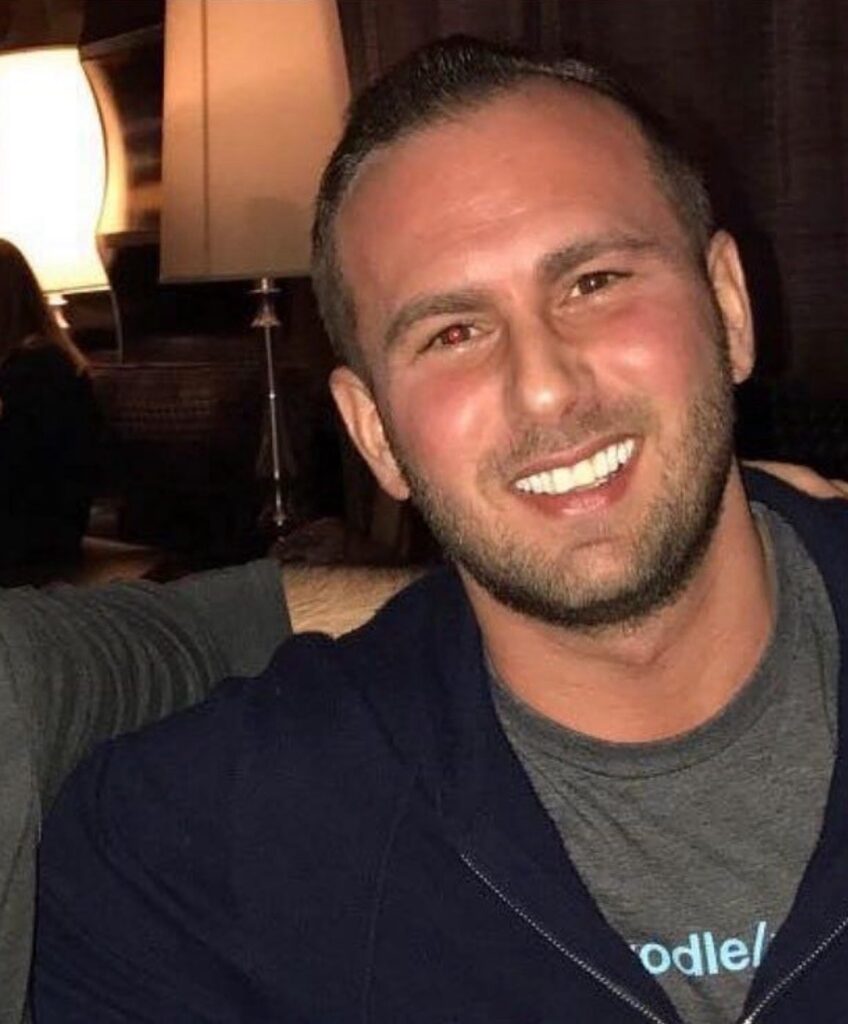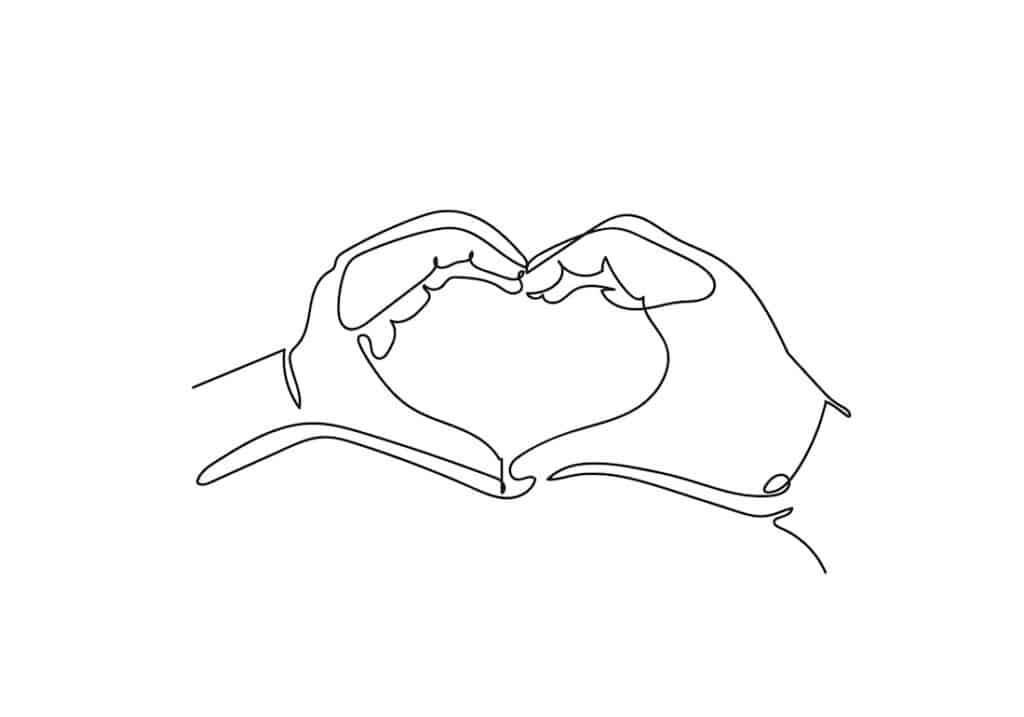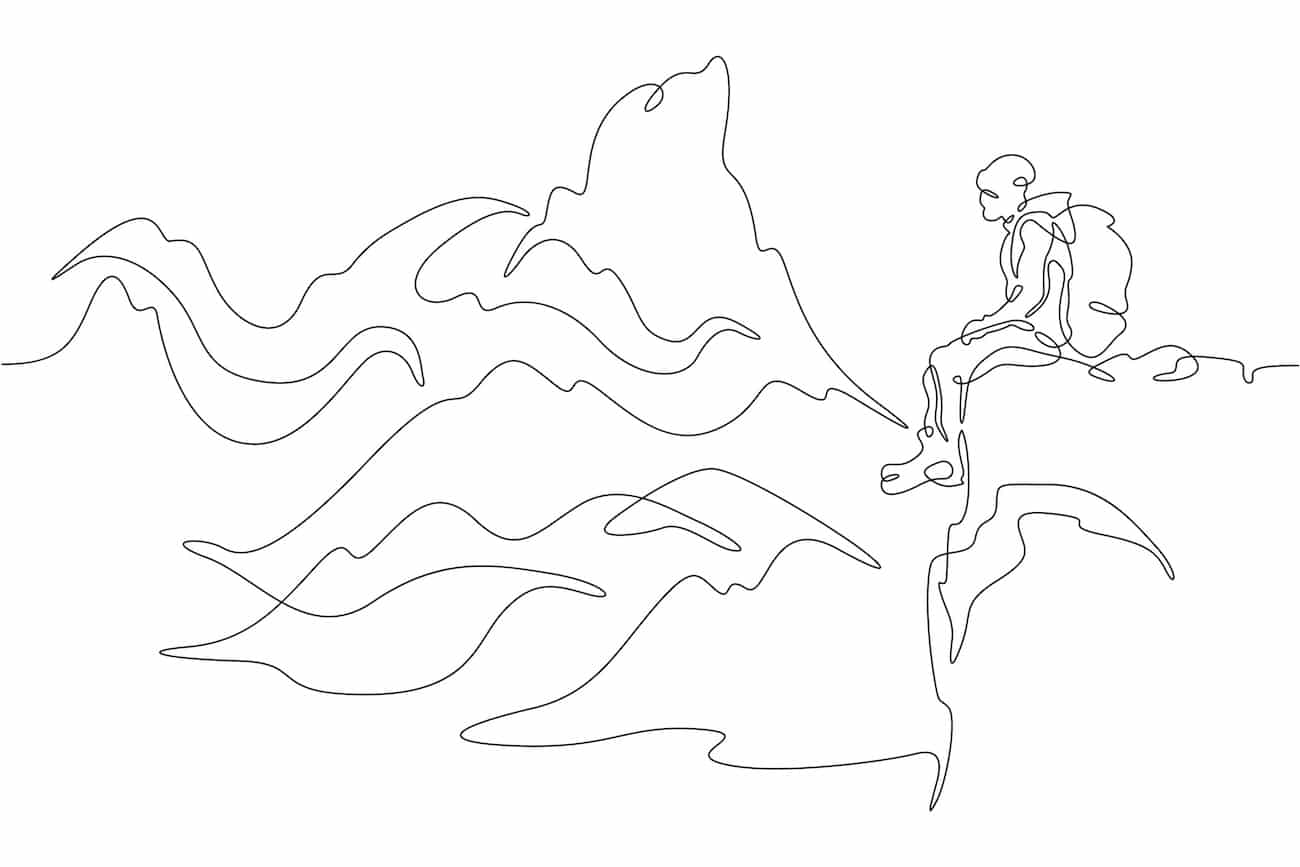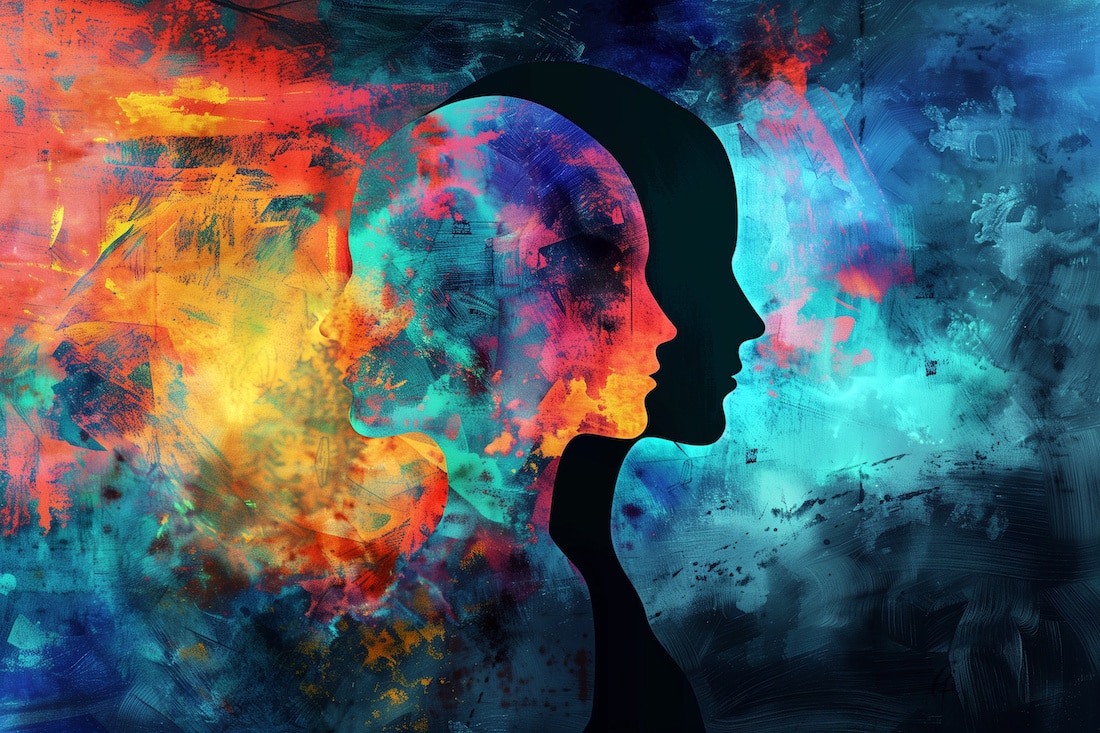My name is Jared, and I’m an addict and an alcoholic.
Experience (the before)
I grew up in New York and came from a good family. I had a good childhood; my family was always there for me. But from a young age, I was very extroverted and quickly got in with the wrong crowd. I started using marijuana at the age of 12. Back then, my drug use was about wanting to be the cool kid and experience everything. But by the time I got into high school, I had already been arrested a few times.
Despite that, I still got good grades. Miraculously, I did well enough on my SATs to get into good schools. I went to Pace University in Manhattan, and then I got into NYU to study acting, which I did for a while until the drugs took hold. Two years into college, I dropped out.

I started working in finance, where I found myself making six figures and driving a nice car at 20 years old. From the outside, I was doing well; I was successful. In reality, I was using a lot of drugs and was miserable. My drug use had become my way of self-medicating, and my addiction stemmed from a need to feel numb.
I kept using for years until one day, I overdosed. Somewhere inside of me, I thought “I can’t do this anymore. I’m going to die. I want to live.” I experienced a moment of clarity and decided to go to rehab. I called my parents for help, and I ended up in treatment.
I did everything I was told to do: get a sponsor and a recovery job, find sober supports, and make friends in recovery. I even did 120 meetings in 90 days. I achieved six and a half years of sobriety. Everything was falling into place, and I was doing well. Until I wasn’t. I had started to slip.
I stopped going to meetings and started hanging around the wrong people. Eventually, I got back into using — that’s why they tell you to stay away from the people, places, and things you associate with drugs. I told myself smoking marijuana was fine, but that’s not how it works. Because in the end, you’re still getting high. I was in an unhealthy relationship and soon enough, we were using together. When that relationship ended, I was distraught. I stopped going to work and then quit my job altogether. I fell apart.
My addiction spun out of control, and I went into psychosis. I was hearing things and experiencing persecutory delusions and paranoia. I believed people were following me and were out to get me. I wasn’t dealing with my mental health because of my drug use, even though the drugs were intensifying my mental health issues. As my mental health suffered, my drug use increased. It was a vicious cycle, and they each exacerbated the other. I was fortunate enough to experience another moment of clarity where the voices quietened long enough for me to recognize I needed help, so I once again turned to my family.
That’s when I was sent to Lifeskills.
Strength (the during)
Coming into Lifeskills, I was miserable. I complained and complained and complained. I did that for a few days and realized it wasn’t changing anything so I fell in line. I accepted that I was going to be there regardless, so I might as well make the most of it.
I went to every group, and I took notes. I went to meetings, I got a sponsor, I did the 90. I met good people there, people who were serious about their recovery, and I kept them around. I learned how to have fun in sobriety. After residential, I stepped down to PHP and went to Osceola House, where I got a job at Michael’s. Even though I had gone from making six figures to making $10/hour, I loved working there. I was making people laugh again, and it felt great. It made me proud to know I was helping others.
Lifeskills was a dream; you truly have everything you need there. But if you want to get healthy, it takes work, practice, and a lot of repetition.
Hope (the after)
September 19th, 2024 marks my 5 years of sobriety. I have an apartment of my own again, a cat that I love dearly, and I’m proud of myself. I’m doing the right things. I’ve been working in treatment now for over 2.5 years. I work on the adventure therapy team at a treatment center, taking clients on ropes courses, kayaking, rocking climbing, etc. I’m running groups and hosting tie-dye, improv classes, karaoke, and bingo nights. These are all things I thought I would never enjoy again, but I love doing them. I am helping people every day, and I’m changing lives.
I’m continuing to stay in the recovery mindset. I still have a sponsor and go to meetings 3-4 times a week, while also taking clients to meetings. I still have days where I struggle, but I’m always going to have those days; it’s about getting up and doing what I need to do. Then my days will get better.
I’m repairing relationships. My mother is so proud of me. We speak every day now and have a beautiful relationship. Even my brother, who hated me, is coming around. I focus on enjoying every day. Things are going to happen. People are going to come and go. But I no longer let these things derail me. Going through this made me a fighter. I’m so grateful I’m still breathing, and I aim to be a better person each and every day. Things do get better but it takes time. You have to let others heal. I’m still healing every day.
Being an alumnus of Lifeskills holds deep personal significance for me. It represents not only a chapter in my life where I fought to regain control over my future, but also a continuous journey of growth and healing. Lifeskills provided me with the tools, guidance, and support I needed to transform my life, and being part of its alumni community reminds me of the strength and resilience I’ve gained.
It’s a privilege to stay connected to a place that fosters such profound change, and I feel a sense of responsibility to give back and inspire others who are walking the same path.
Advice to Parents and Loved Ones:
To parents, patience is the name of the game, but acceptance and letting go are pivotal. Understanding that you can be there for your loved one in support of their recovery, but you cannot do the work for them. Continue to fight alongside your loved ones but remember that you have to take care of YOUR health just as much, if not MORE, as you try to help them with theirs. Go to meetings, tap into your resources, and fill your own cup first.




